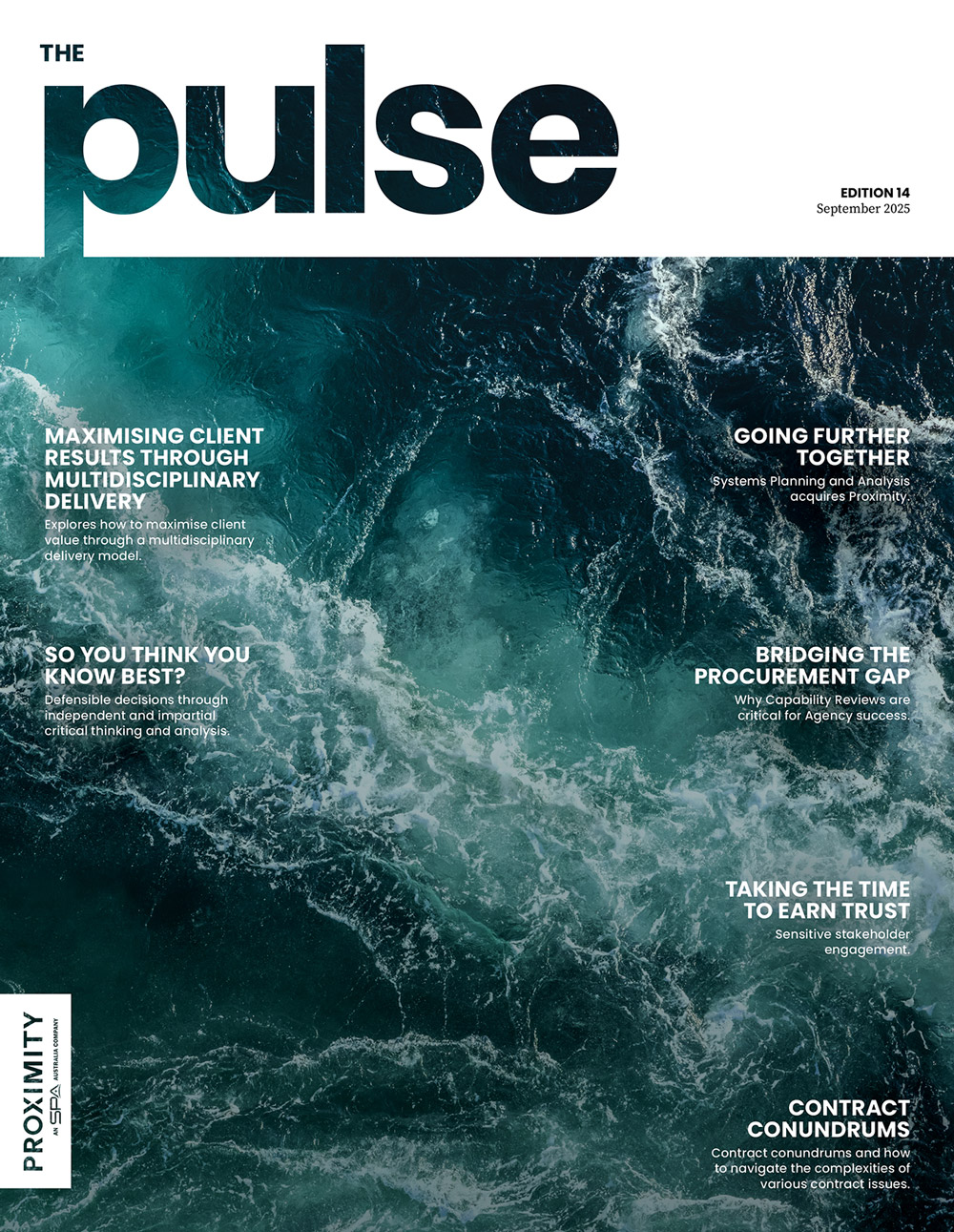The reasons why mentoring sometimes fails to meet expectations may have less to do with the individuals, but the approach taken. Here are my top tips on modern mentoring!
Have you ever participated in rigid or time-consuming mentoring programs that failed to spark excitement or achieve the hoped-for outcomes? The reasons why mentoring sometimes fails is often due to the approach taken. While mentoring isn’t a new concept, the communication channels available today offer vastly greater options to develop breadth and depth of capability within your team, organisation or industry.
Top Tips for Modern Mentoring:
1. Know your ‘why’ and each others’ ‘why’
Mentoring shouldn’t be done for the sake of mentoring. Mentors and mentees both need clear aims and commitment to the relationship. Both should state their aims and understand each other’s aims. A mentor’s aim could be to help the mentee see the ‘bigger picture’ and work out what steps they should take to reach their career goals. A mentee’s aim could be to connect with a wider network of people and tap into the life experience of the mentor. But given that learnings can flow both ways, both mentor and mentee should adopt mindsets of learner
and teacher.
2. Agree on how to communicate
This includes how often, in what way and whether mentoring conversations are confidential. Mentoring need not be face-to-face or one-on-one. Apps such as Microsoft Teams or GovTEAMS (for Government entities) enable not only audio and video conferencing but group chats between multiple participants. This turns one-on-one communication into a one-to-many opportunity, if preferred by participants. Group or messaging chats can also help moderate and balance extroverted and introverted voices by allowing simultaneous communication. Rather than hope and wait for extroverted ‘talkers’ to stop talking (potentially at length), more introverted or verbally reserved participants can contribute ideas in a group chat at any time.
3. Participant driven
Like any relationship, the success of a mentoring arrangement depends on the commitment of its participants. Whether you’re a mentee or mentor, you need to have a genuine interest in the arrangement, respect the commitment being made by the other person(s), commit to agreed meetings, come prepared at meetings with relevant questions and content, and provide your full attention at meetings.
4. Goal setting
If participants set goals, the ‘SMART’ principle is a helpful guide. Goals should be:
Specific – not ambiguous or open to interpretation
Measurable – in terms of time, effort or other quantifier (depending on whether the goal is qualitative or quantitative)
Attainable – achievable in the goal-setter’s circumstances for the degree of control they have over the outcome
Relevant – to the desired outcome
Timely – within a helpful timeframe.
5. More than meetings
Share relevant or interesting content with your mentor or mentee such as articles, podcasts, social media posts and event invitations. The media you consume or discover can help broaden the thinking of your mentor or mentee.
Win-win mentoring opportunities
Mentors can offer
- Depth and breadth of experience
- Failures and lessons learned
- Networks and connections
Opportunities
- Reimagine and improve the status quo
- Cross-introductions
- Analyse and debate news and ideas from different angles
- Collaborate on solutions and innovations
Mentees can offer
- Curiosity and thought-provoking questions
- Future focus
- Lack of inhibition to question the status quo






